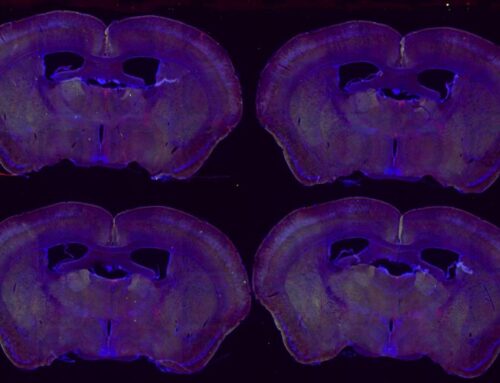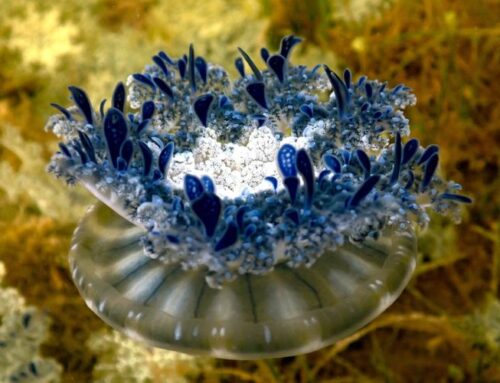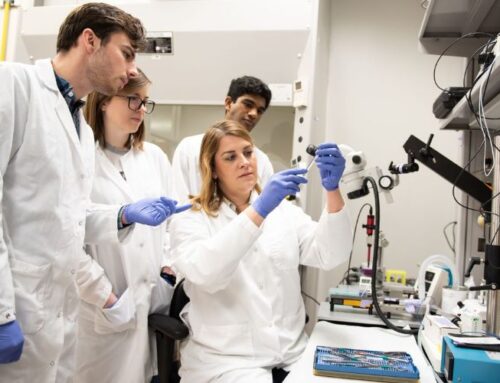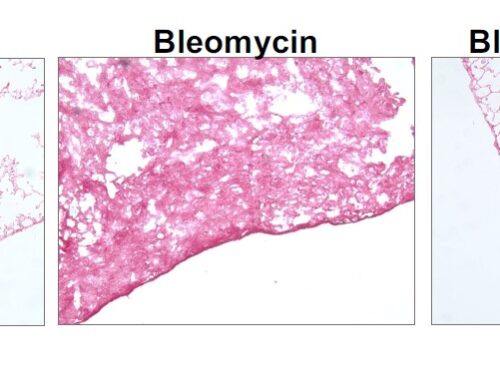Graduate Student Spotlight: Merilyn Beebe
By: Gabby Wetwiski

Meet Merilyn Beebe!
I was born in Albuquerque, New Mexico and grew up moving from place to place as a military kid. After graduating high school, I came to Texas A&M University in 2015 to study Biochemistry and Genetics. After completing my degrees in 2019, I started graduate school as a Microbiology major in the Biology Department. Shortly after starting the PhD program, I joined Joe Sorg’s lab where I have spent the past several years studying phenotypic variation in clinically relevant C. difficile strains. When not in the lab or reading/writing papers, I spend time outside with my dog Kai, working on crochet projects, and attempting new recipes.
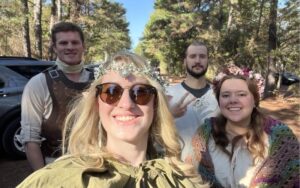
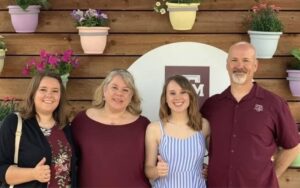



What’s on your bookshelf?
Fiction is usually my go-to and recently, I’ve especially been enjoying high fantasy. Last year, I started reading the Stormlight Archive series by Brandon Sanderson which are some of the best books I’ve ever read. Alfred Lansing’s Endurance: Shackleton’s Incredible Voyage was an excellent non-fiction read about a ship of the same name which became icebound during an expedition to cross the Antarctic in 1914. I’ve also spent a good amount of time listening to books and have found that sci-fi reads particularly great in this format. My favorite audiobook so far has been Project Hail Mary by Andy Weir which was recommended to me by my lab mate and friend, Morgan.
What is your favorite word and why?
Hygge is a Danish word that I was taught means the feeling you get when surrounded by family and friends and enjoying good food and drink. It also has more official meanings related to contentment and well-being. This is my favorite word not only because it inspired the name of a hot air balloon I used to crew for, but also because it reminds me of all the wonderful time spent with my family and friends.
How did you select your major or concentration?
During a high school Anatomy & Physiology course, we were taught how actin and myosin filaments interact to cause contraction of the muscles. I remember thinking how incredible this process was and knew then that I wanted to understand how biological processes worked on the molecular level. As a result, I chose to pursue a degree in biochemistry. As a part of my degree requirements, I performed undergraduate research and realized that I really enjoyed lab work. I decided to pursue a graduate degree in microbiology so that I could study the biological processes of disease-causing bacteria in a laboratory environment and contribute to the understanding and treatment of pathogens.
What is the broader significance of your research?
The anaerobic bacterium C. difficile forms highly resistant, metabolically dormant spores. These spores allow for the persistence of C. difficile in the environment and contribute to severe outbreaks of disease in hospital settings. Many of the factors that contribute to the formation of these spores and the severity and recurrence of C. difficile infections remain unknown. My work seeks to quantify significant phenotypes of various, clinically relevant C. difficile strains. By determining how phenotypic differences between strains impact disease progression, we can begin to understand how different strains might manifest themselves in a clinical environment. Recently, we found that strains spanning multiple clades of C. difficile share similar phenotypes, suggesting that these processes are ideal targets for the development of therapeutics to treat C. difficile related infections.
What advice would you give to a new graduate student?
Time management and organization are crucial, especially during the semesters when you take on multiple roles as lab member, student, and/or TA. Find some strategies that work for you and use them to help you maximize your time. Taking a moment to plan your day or week and prioritize tasks will help immensely in the long run and ensure you don’t forget anything important. And, despite how busy graduate school can be, don’t forget to include some time for rest or hobbies in your schedule. These things are just as important as your research and will help you mitigate burnout.


